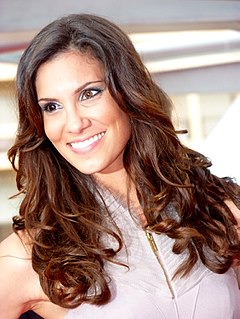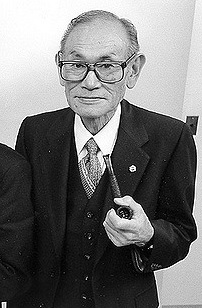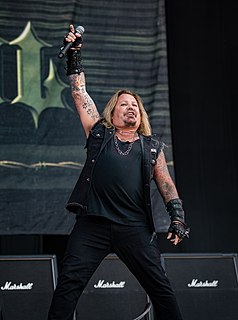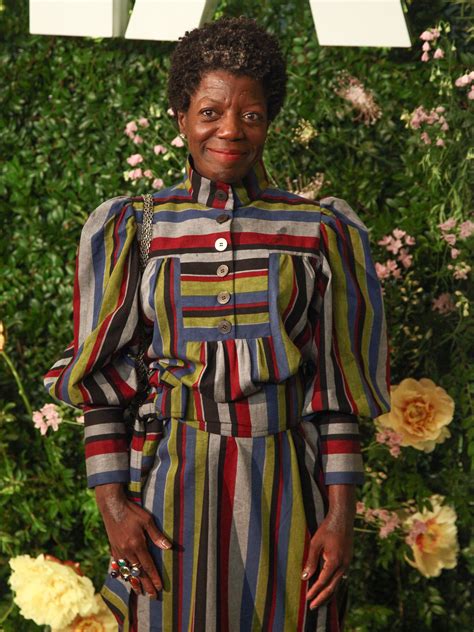A Quote by Maria de Medeiros
I remember my parents quarrelling. They would talk as if they were against each other's ideas about Trotsky, but it was just a couple arguing.
Related Quotes
Teenagers talk about the idea of having each other's 'full attention.' They grew up in a culture of distraction. They remember their parents were on cell phones when they were pushed on swings as toddlers. Now, their parents text at the dinner table and don't look up from their BlackBerry when they come for end-of-school day pickup.
Sometimes, when I talk to someone who has just been diagnosed with cancer or some other illness, I'll remind them: "If you were honest with yourself, you were depressed before this happened. And if this were over you would be happy for a couple of weeks, a couple of months, and then something else would come along."
We're very aggressive speakers. I remember when I was with one of my roommates in New York - and she's Portuguese, too - and we were in an Apple store talking about a computer in Portuguese. Some guy comes up to us and goes, "Hey, hey! Peace, peace! Stop arguing." It's not arguing. This is really just how we talk.
I remember my parents yelling at each other and at me from an early age, and I remember a lot of things smashing. I try to look for the happy memories from the brief time my parents were married, and I can't really recall that. From the start things were messed up, and I just kept moving through the years and trying to pick out the little bits of evidence that would help me prove to myself that it wasn't my doing. But it took finding out somebody really does love me, who's not my parents or a relative, to really know that I was loveable.
Before the war, my parents were very proud people. They'd always talk about Japan and also about the samurai and things like that. Right after Pearl Harbor, they were just real quiet. They kept to themselves; they were afraid to talk about what could happen. I assume they knew that nothing good would come out of it.
From my mom and dad, because they're happily married for a long time: Just listen. Listen to him. I'm so independent and driven and stubborn. Just let him talk. It's about not being so stubborn and having to win every argument. My parents set a great example. They love each other and take care of each other so much.




































